Iraq PM on first visit to U.S. foe Syria
Iraqi Prime Minister Nuri al-Maliki held talks with Syrian officials Monday on his first visit since taking office.
Tuesday, 21.08.2007.
09:55

Iraqi Prime Minister Nuri al-Maliki held talks with Syrian officials Monday on his first visit since taking office. The United States, which already criticized a similar trip by Maliki to U.S. foe Iran earlier this month, said it hoped the premier was delivering a "strong message" to the Syrian leadership about its role in Iraq. Iraq PM on first visit to U.S. foe Syria Maliki, who is accompanied on the three-day visit by his ministers of oil, trade, the interior and water resources, met Prime Minister Mohammed Naji Otri and was also due to meet President Bashar al-Assad, Vice President Faruq al-Shara and Foreign Minister Walid Muallem. It is Maliki's first visit to Syria since he became premier early last year, although he was based in Damascus in the 1990s when in exile during Saddam's rule. Iraqi President Jalal Talabani, another formerly Damascus-based exile, visited in January. Maliki and his Syrian counterpart discussed reactivating commercial agreements that pre-date the U.S.-led invasion of 2003, official media said. Syria and Iraq only restored diplomatic ties last November, 26 years after they were broken under the ousted regime of Saddam Hussein over Syria's support for Iran in its eight-year war with Iraq. In recent weeks, there has been increasing criticism from Washington of the Iraq role of U.S. ally Saudi Arabia but Syria, and its regional ally Iran, remain the principal targets. Washington accuses Damascus of turning a blind eye to Sunni insurgents slipping over its border with Iraq, and its key regional ally Tehran of providing sophisticated weaponry to Shiite militias, charges both governments deny. "I think it's important that they [the Iraqis] have good relations with Syria, but I also know that he'll ... likely deliver a strong message that a stable Iraq is in the interests of Syria," U.S. national security spokesman Gordon Johndroe said. Earlier this month Damascus hosted a security meeting of all Iraq's neighbors except Saudi Arabia at which delegates expressed backing for the efforts of Maliki's government to quell raging sectarian violence. The Iraqi premier is also to discuss the reopening of an oil pipeline to Syria that was closed after the cutting of ties in 1980, as well as the plight of the 1.5 million of his countrymen who have sought refuge in Syria. The UN High Commissioner for Refugees warned last month that health and education services in both Syria and Jordan were coming under increasing strain from the volume of Iraqi refugees. An estimated 30,000 Iraqis arrive in Syria every month, something the vice president has called an "economic, social and political burden." Vice President Shara said on Tuesday that Syria was ready to cooperate if Maliki shows a "sincere Iraqi position that leads to comprehensive reconciliation and sets a timetable for the departure of US forces." Sunni majority Syria has called for more action from Maliki's Shiite-led government to win over Iraq's disenchanted Sunni Arab minority. But Shara denied that Syria differed with Shiite Iran in its policy towards Iraq, insisting both governments "want an Iraq that is unified, independent, Arab and free from all occupying forces." Iran's President Mahmoud Ahmadinejad is himself planning to make his first visit to Iraq, although no firm date has yet been set, Iran's ISNA student news agency reported on Monday. Last month, the United States announced massive new multi-billion dollar military pacts for its allies in the region, including Israel, Egypt and Saudi Arabia, in a bid to counter the influence of Iran and Syria.
Iraq PM on first visit to U.S. foe Syria
Maliki, who is accompanied on the three-day visit by his ministers of oil, trade, the interior and water resources, met Prime Minister Mohammed Naji Otri and was also due to meet President Bashar al-Assad, Vice President Faruq al-Shara and Foreign Minister Walid Muallem.It is Maliki's first visit to Syria since he became premier early last year, although he was based in Damascus in the 1990s when in exile during Saddam's rule. Iraqi President Jalal Talabani, another formerly Damascus-based exile, visited in January.
Maliki and his Syrian counterpart discussed reactivating commercial agreements that pre-date the U.S.-led invasion of 2003, official media said.
Syria and Iraq only restored diplomatic ties last November, 26 years after they were broken under the ousted regime of Saddam Hussein over Syria's support for Iran in its eight-year war with Iraq.
In recent weeks, there has been increasing criticism from Washington of the Iraq role of U.S. ally Saudi Arabia but Syria, and its regional ally Iran, remain the principal targets.
Washington accuses Damascus of turning a blind eye to Sunni insurgents slipping over its border with Iraq, and its key regional ally Tehran of providing sophisticated weaponry to Shiite militias, charges both governments deny.
"I think it's important that they [the Iraqis] have good relations with Syria, but I also know that he'll ... likely deliver a strong message that a stable Iraq is in the interests of Syria," U.S. national security spokesman Gordon Johndroe said.
Earlier this month Damascus hosted a security meeting of all Iraq's neighbors except Saudi Arabia at which delegates expressed backing for the efforts of Maliki's government to quell raging sectarian violence.
The Iraqi premier is also to discuss the reopening of an oil pipeline to Syria that was closed after the cutting of ties in 1980, as well as the plight of the 1.5 million of his countrymen who have sought refuge in Syria.
The UN High Commissioner for Refugees warned last month that health and education services in both Syria and Jordan were coming under increasing strain from the volume of Iraqi refugees.
An estimated 30,000 Iraqis arrive in Syria every month, something the vice president has called an "economic, social and political burden."
Vice President Shara said on Tuesday that Syria was ready to cooperate if Maliki shows a "sincere Iraqi position that leads to comprehensive reconciliation and sets a timetable for the departure of US forces."
Sunni majority Syria has called for more action from Maliki's Shiite-led government to win over Iraq's disenchanted Sunni Arab minority.
But Shara denied that Syria differed with Shiite Iran in its policy towards Iraq, insisting both governments "want an Iraq that is unified, independent, Arab and free from all occupying forces."
Iran's President Mahmoud Ahmadinejad is himself planning to make his first visit to Iraq, although no firm date has yet been set, Iran's ISNA student news agency reported on Monday.
Last month, the United States announced massive new multi-billion dollar military pacts for its allies in the region, including Israel, Egypt and Saudi Arabia, in a bid to counter the influence of Iran and Syria.



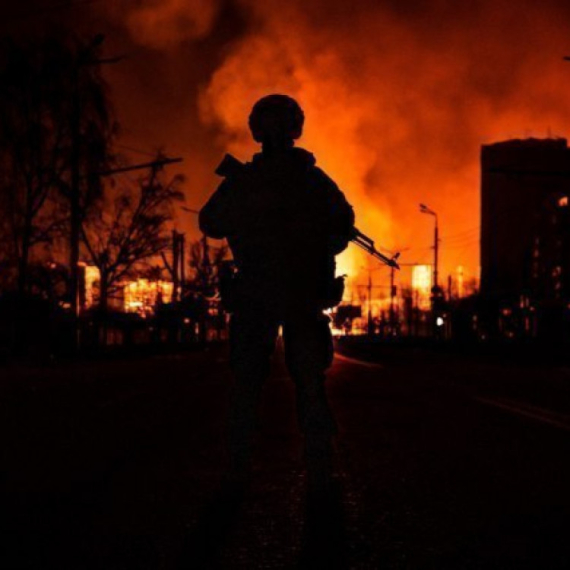
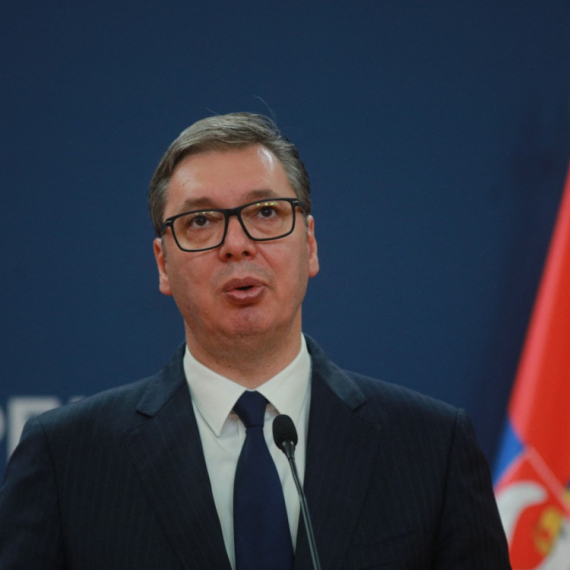
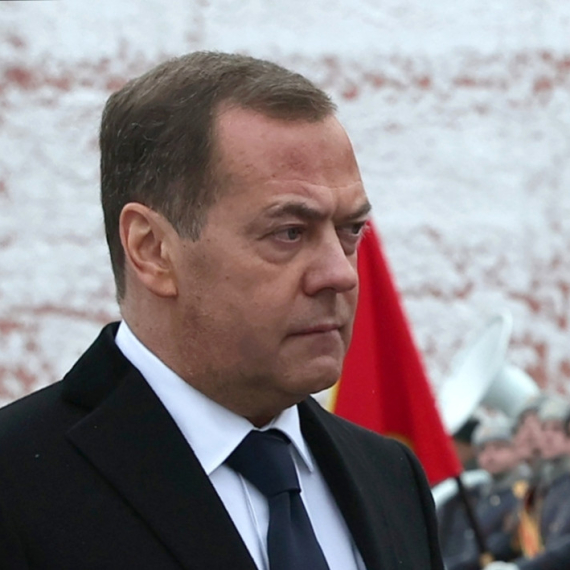




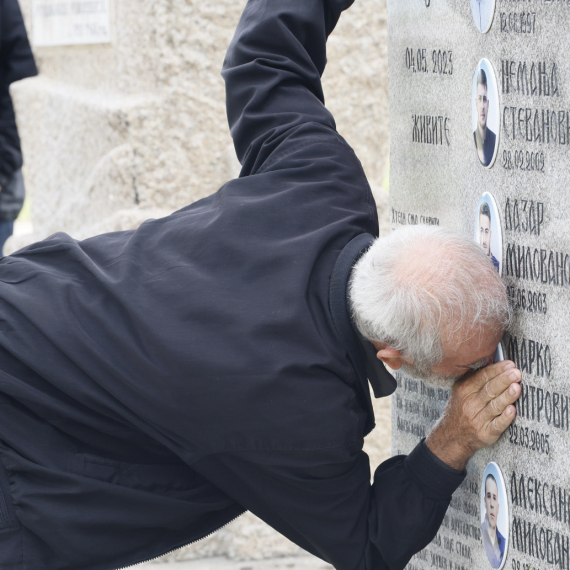

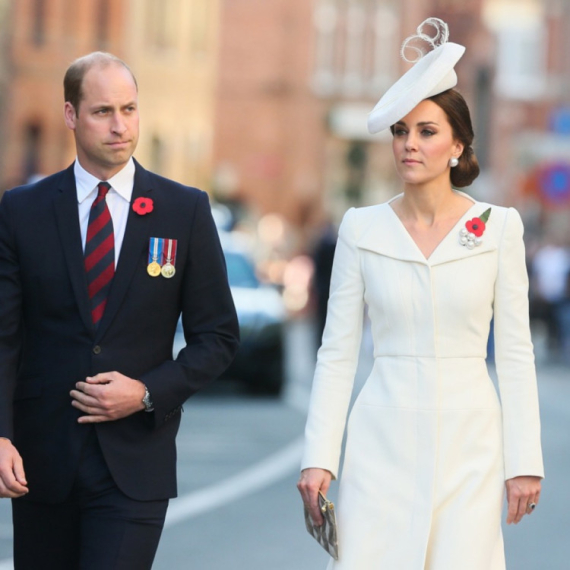
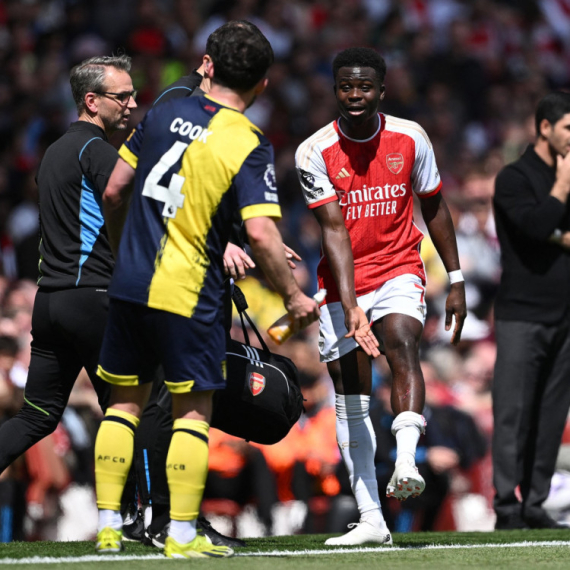

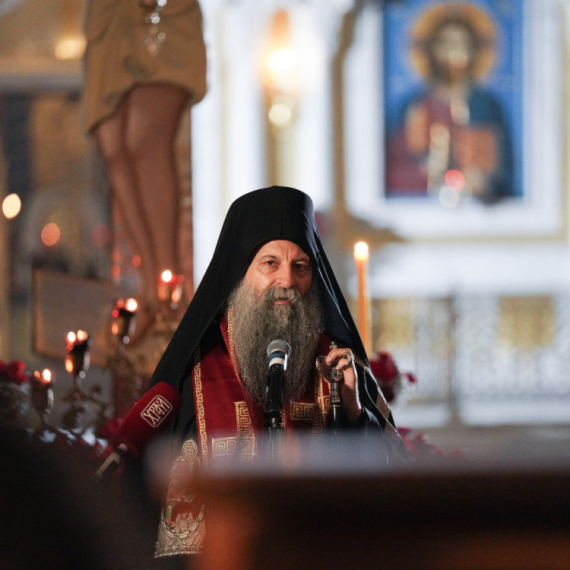
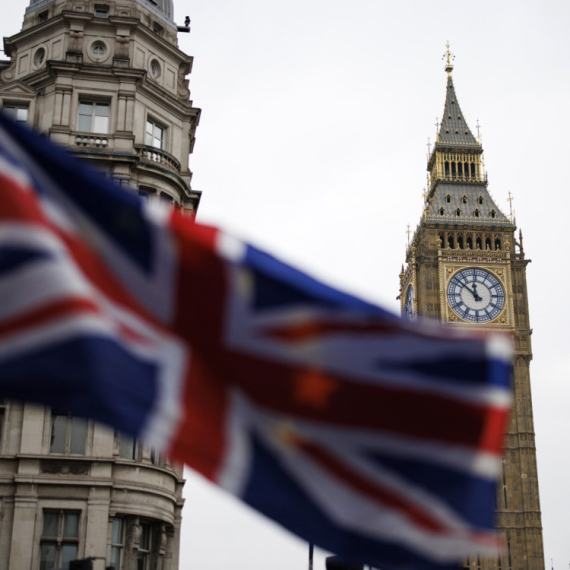
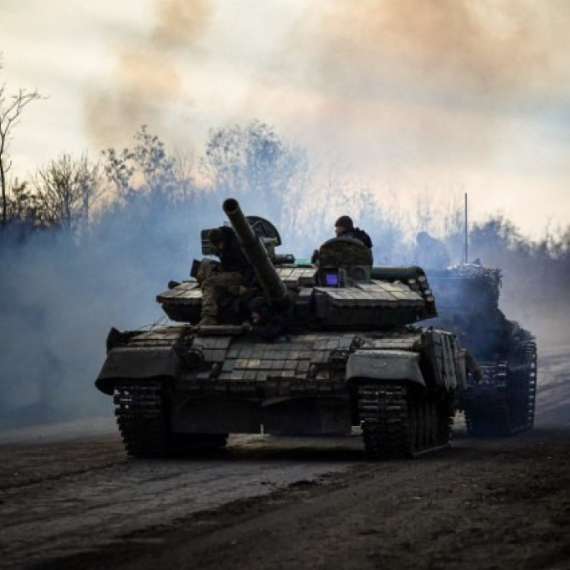



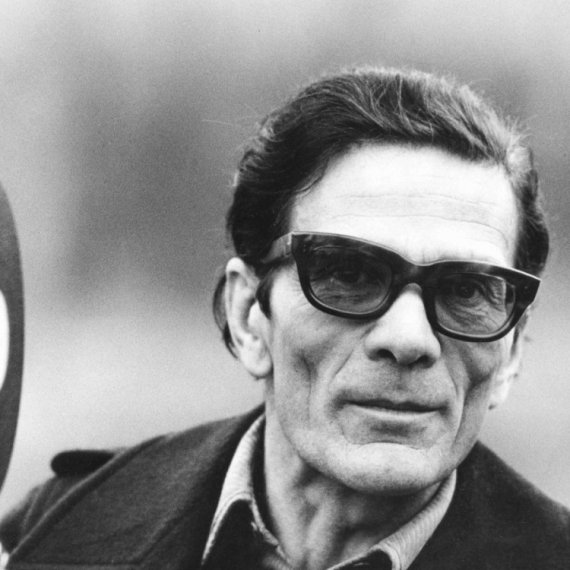





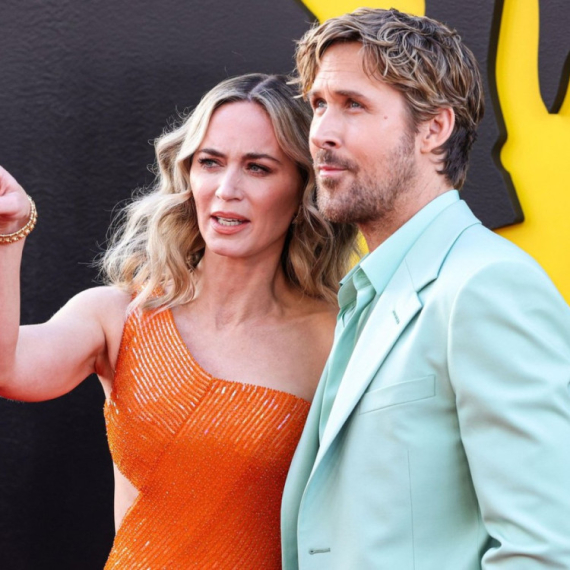
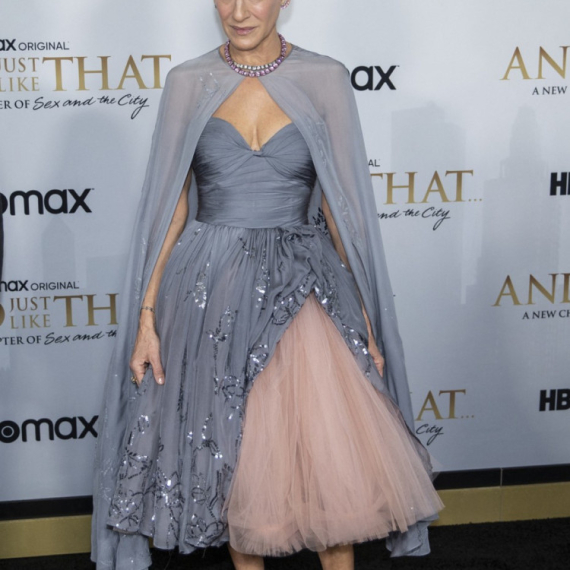

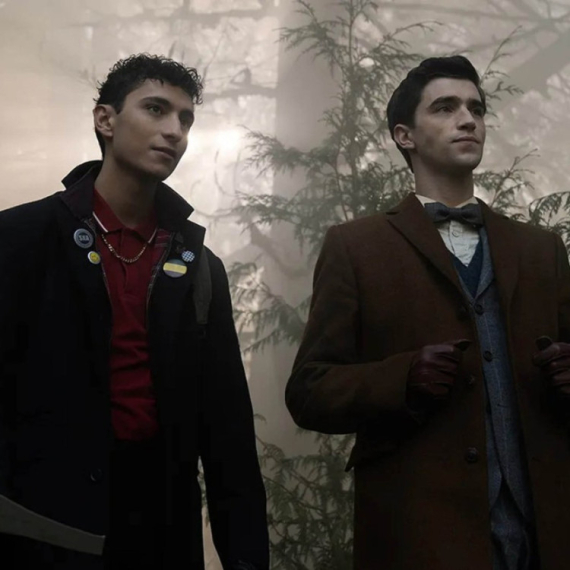






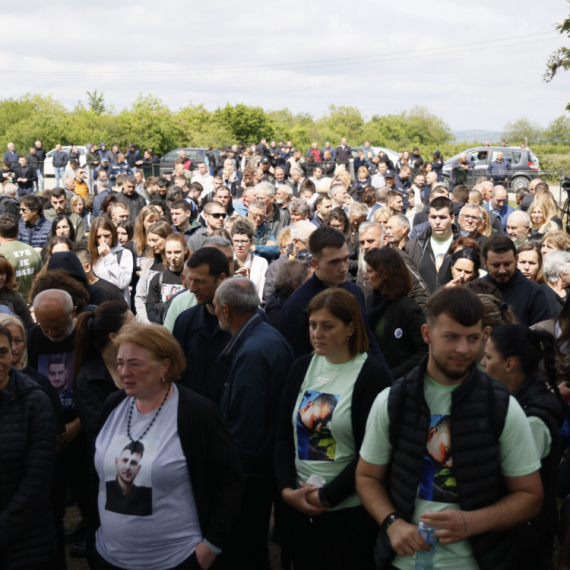
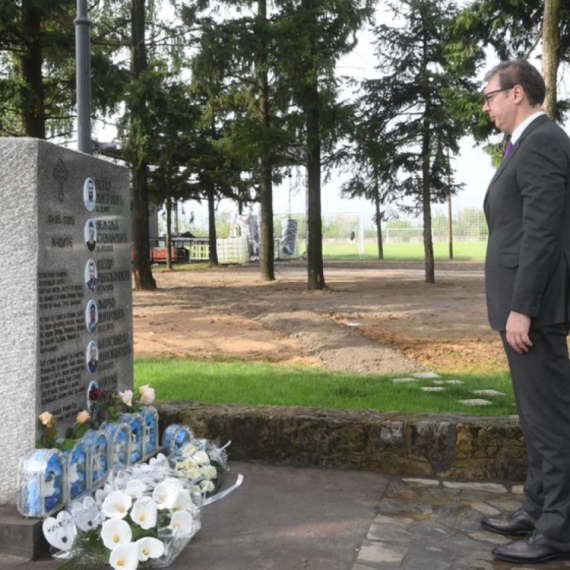

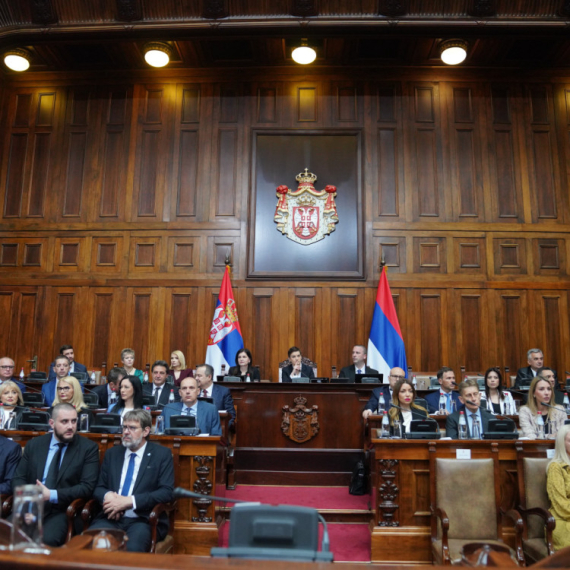


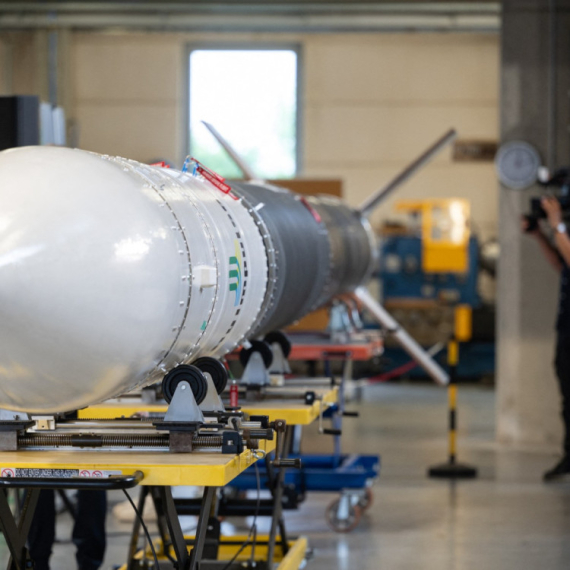
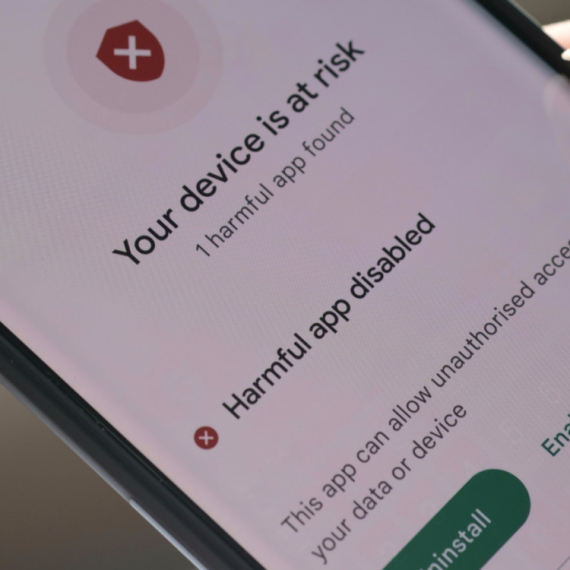







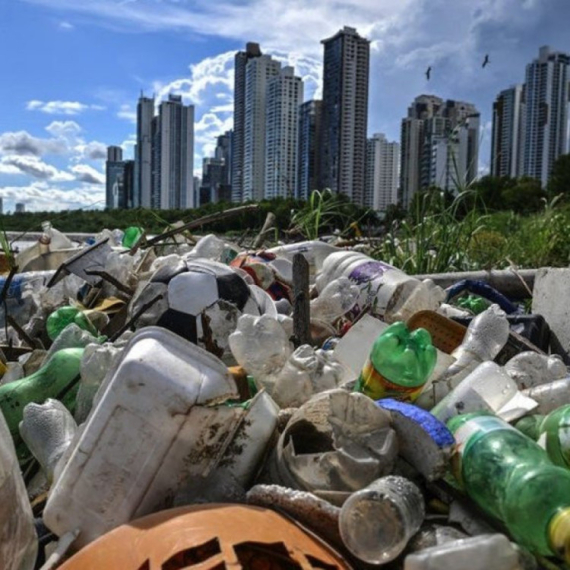
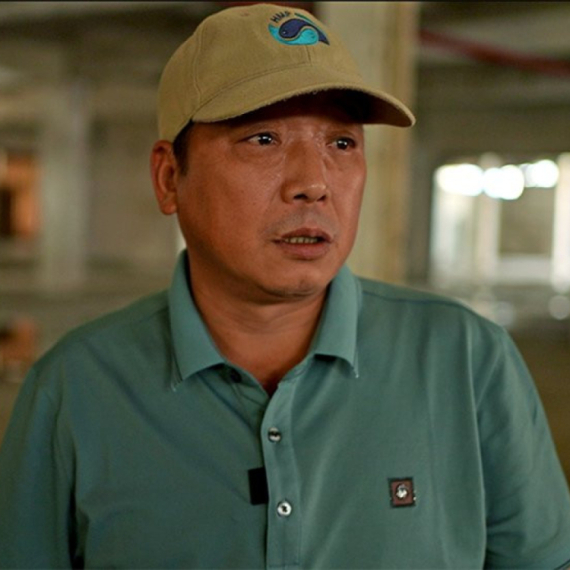


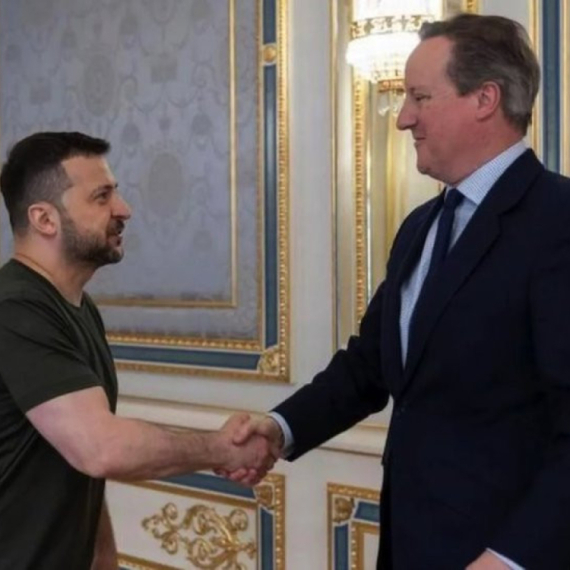

Komentari 0